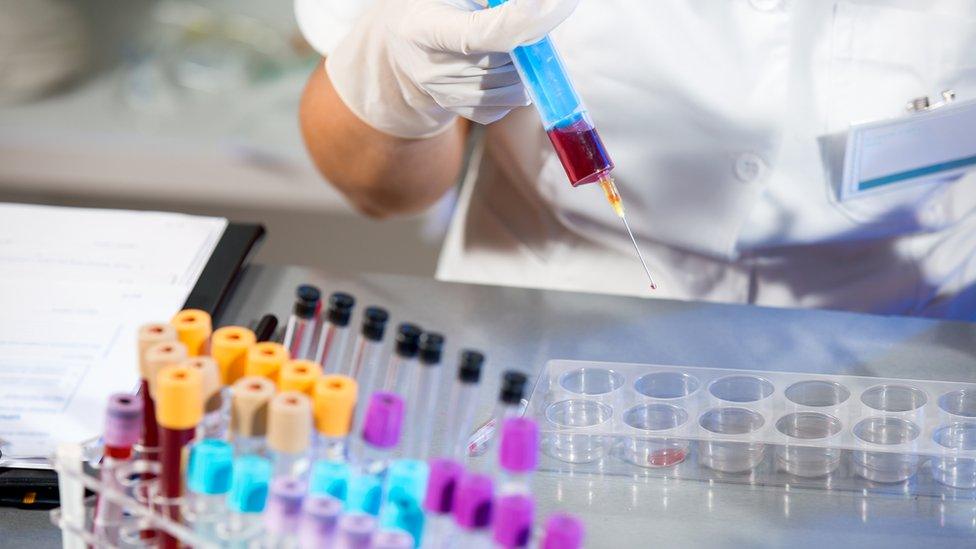Nanoparticles from tea leaves 'destroy lung cancer cells'
- Published
- comments

Nanoparticles derived from tea leaves could be the key to a leap forward in treating lung cancer, scientists have "accidentally" discovered.
The joint Swansea University and Indian team was actually intending to create markers for detecting tumours.
They were amazed to discover the "quantum dots" they manufactured destroyed 80% of the lung cancer cells they were applied to.
But the team said creating a useable treatment could be some years off.
Quantum dots are tiny nanoparticles, 4,000th of the width of a human hair.
They can be made chemically, but this is complicated and expensive and has toxic side effects.
The research team, which includes researchers from KSR Institute of Technology and Bharathiar University in India, were therefore exploring a non-toxic plant-based alternative method of producing the dots, using tea leaf extract.
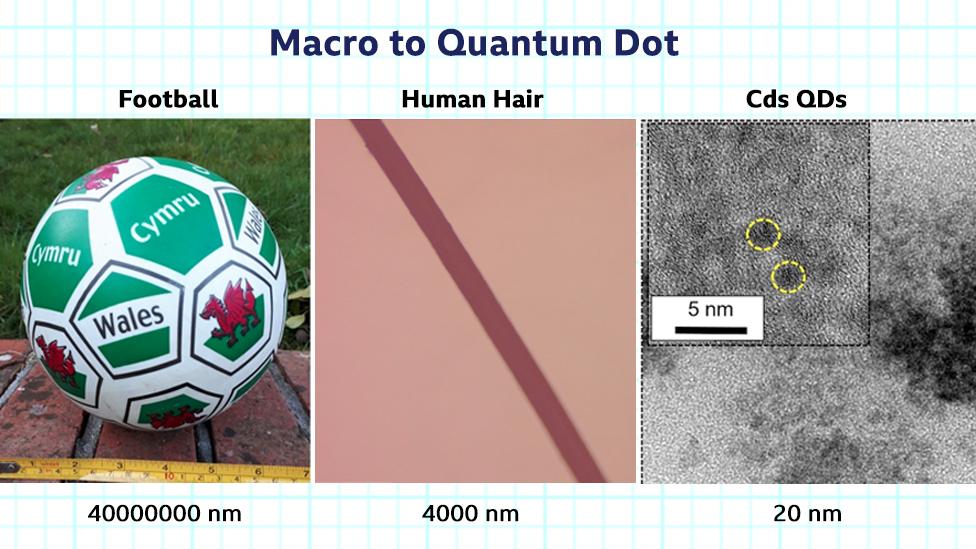
Dr Sudhagar Pitchaimuthu, lead researcher on the project, explained: "The main reason we started looking at tea leaves is that chemically synthesised quantum dots cost between £250 and £500 per microgram, whereas organically-derived ones can be manufactured for £10 per microgram, and at the same time they don't poison healthy cells surrounding the cancer.
"They had exceptional fluorescence emission for cancer cell bio-imaging, but the cherry on the cake was finding the cells were dying off and weren't able to replicate themselves."
Further research discovered that the quantum dots were small enough to penetrate into the "nanopores" of the cancer cell walls.
Compounds contained within them (including polyphenols, amino acids, vitamins and antioxidants), induce cancer cell death by a process called apoptosis, obliterating the DNA information they require to reproduce themselves.
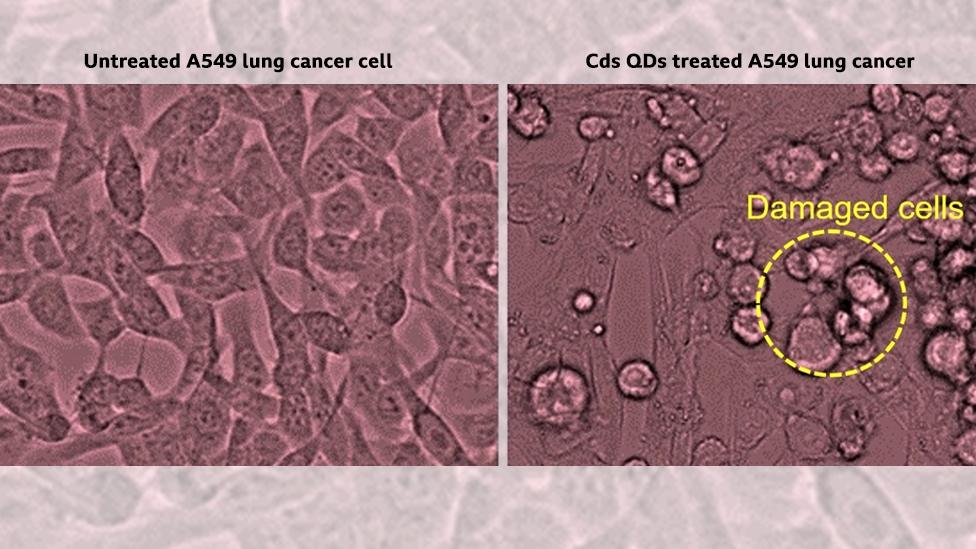
According to the Welsh Cancer Intelligence and Surveillance Unit, external, lung cancer is one of the four most common cancers in Wales and the commonest cancer worldwide.
Each year in Wales, lung cancer is responsible for more deaths than bowel and breast cancers combined.
About half of all people with lung cancer in Wales die from the disease within six months of diagnosis, almost three-quarters within a year.
Only 6.5% survive for five years or more.
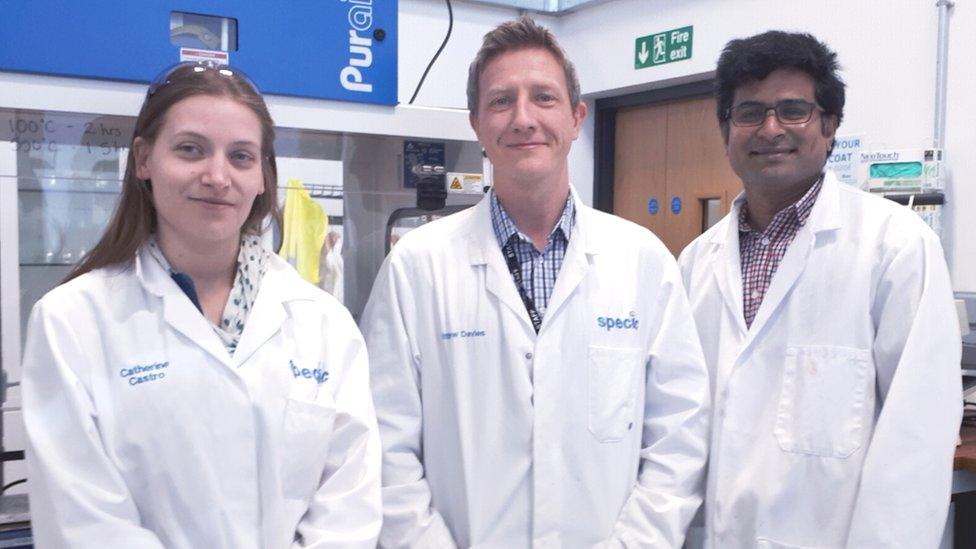
(L-R) Dr Catherine Suenne de Castro, Dr Matthew Lloyd Davies and Dr Sudhagar Pitchaimuthu were on the team that made the discovery
But Dr Pitchaimuthu said harnessing the quantum dots effect into a usable treatment on humans could still be some years off.
"First we have to scale-up the production from the tiny amounts we've created in the laboratory, to create a quantum dot factory.
"Until now we've only killed cells in a Petri dish by directly introducing the dots.
"We now need to identify an enzyme which can deliver them to cancers in living creatures, without affecting surrounding healthy tissues.
"We hope to start live laboratory trials shortly, with human clinical trials following in around two years if all goes well, so perhaps in a decade we could have a widely-available treatment."
Dr Pitchaimuthu's team is also investigating other potential uses for the quantum dots, including in solar cells, water pollutant treatments, for anti-microbial paint used in operating theatres, and in sun creams.
They could even help improve the environment, as the tea leaves used come from the third of the crop deemed unsuitable for drinking, which normally ends up in landfill.
- Published19 April 2018
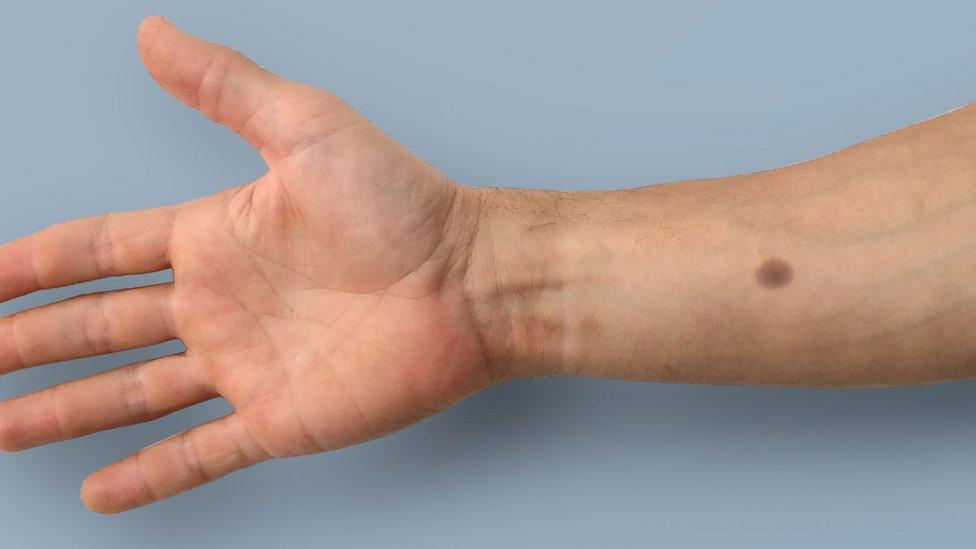
- Published13 February 2018
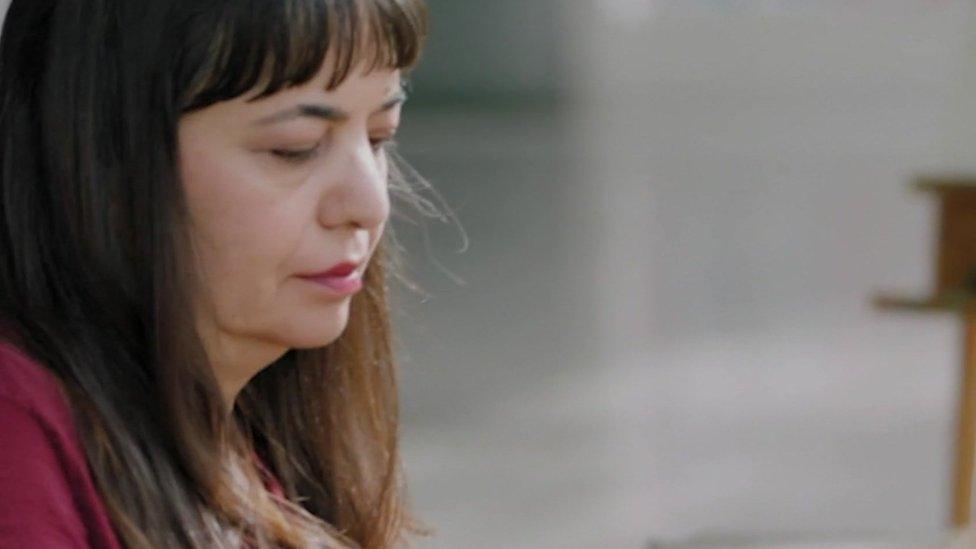
- Published19 January 2018
